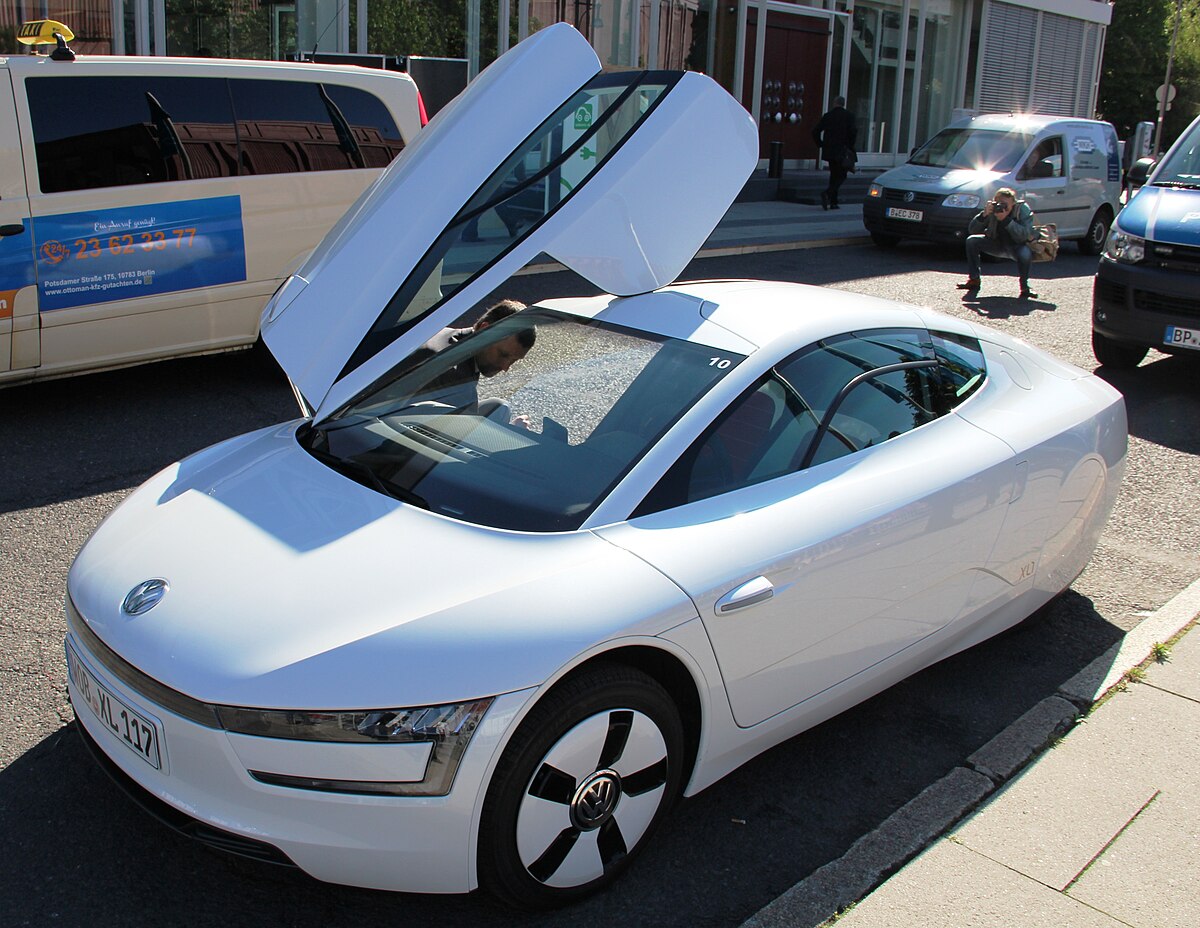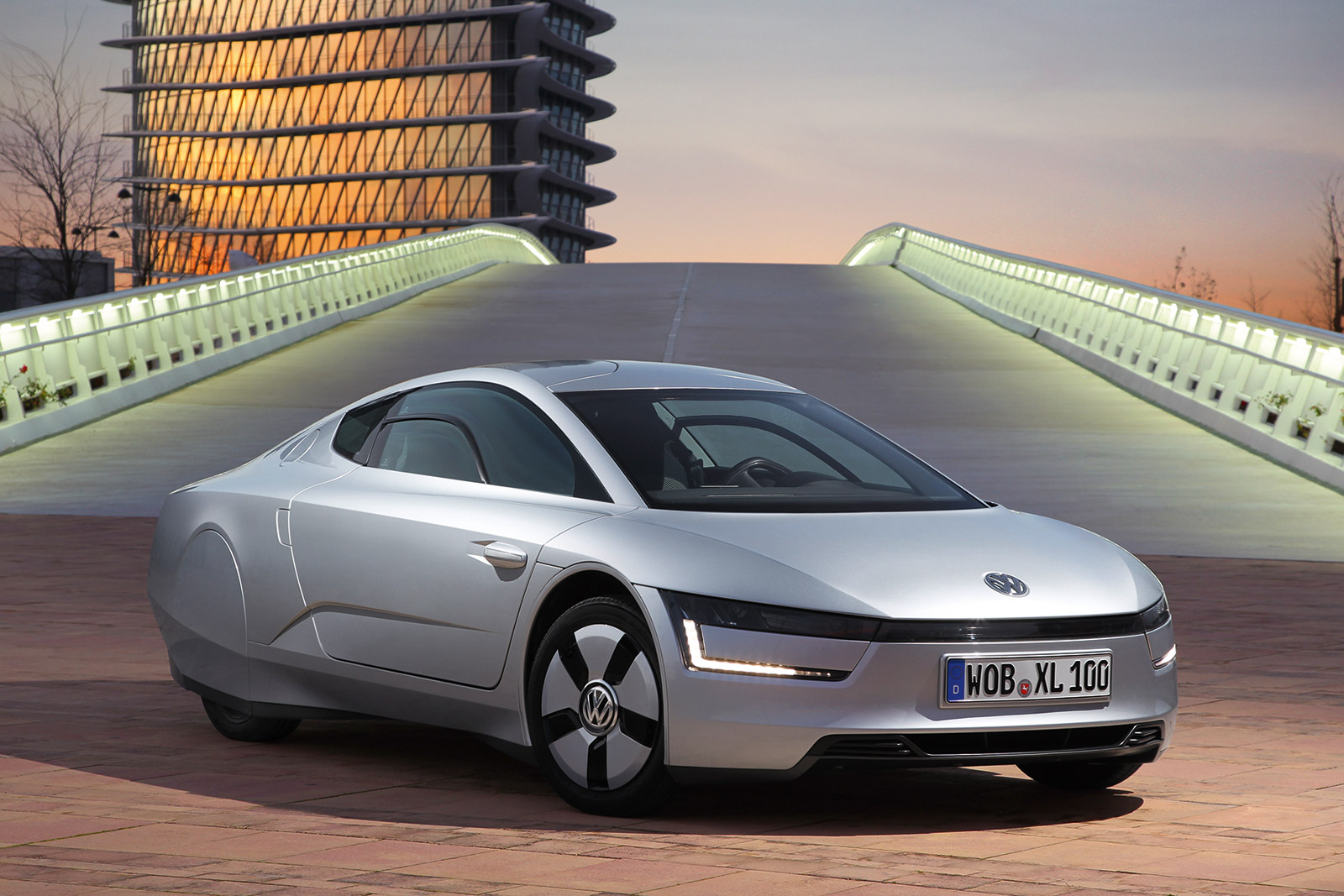Isn't that what the Prius and the REX BMW I3 do? The engine just powers a generator and propulsion is from the three phase electric motor which is more efficient at various RPMs and has a fairly flat torque curve. In both those cars the batteries are what supply the varying current to change the speed of the car.
Prius gas engine is always connected to the wheels via a planetary gearset (called an eCVT). The battery isn't really involved in steady-state cruising, mostly it provides acceleration power. Most hybrids and PHEVs use some variation of this approach.
i3 REx is a series hybrid, as you say. The engine has no mechanical connection to the wheels, it only powers a generator. The battery still isn't really involved except in accel and when climbing grades. Series hybrid is less efficient and adds cost. But it's mechanically very simple and handles low speeds, hill starts, etc. without kludges like clutches and torque converters.
Volt mostly used eCVT, but added some clutches (and a second planetary, lol) so it could operate as a series hybrid at low speeds and do other fun tricks. Honda Clarity PHEV also runs as a series hybrid at low speeds, but got rid of all the Volt's planetary gears and all but one clutch. It's a series hybrid below 35 mph (IIRC). Above that the engine connects directly and RPM is slaved to vehicle speed.
1 gallon of Diesel = 38kw/h The Turbo charged Diesel engines get about a 60% efficiency.
Automotive turbo diesels peak at ~45% thermal efficiency. There are R&D projects trying to hit 50% in large truck engines by using secondary cycles (picture a mini steam engine driven by exhaust heat).
38 kwh/h * 0.6 = 23kw/h * 4-5 miles / kwh = 92-114 miles. Yeah you are right my 120 was of - still pretty darn good.
At 45% and 4.5 mile/kWh your math gives 77 mpg. But 4.5 mile/kWh on the highway is unrealistic for all but very small cars. The best mid-size EVs do about 4 mile/kWh and they don't suffer the aerodynamic drag of providing cooling air to a combustion engine. And that 45% efficiency is at the engine block, it doesn't include gear losses and accessory loads. That's why you don't see diesels getting 70 mpg on real highways.
While the Atkison Gasoline Cycle gives you only 38%
Toyota
achieves 41% and BYD
claims 43%.
and Gasoline only contains 33 kw/h per gallon
Diesel has more kWhs per gallon than gasoline because it has more kgs per gallon. That's also why it costs more. There is no free lunch, though. The original barrel of oil only has so many kgs. Diesel and gas miles/kg and $/kg are basically the same. If you figured out a way to compress gasoline to double density the Camry Hybrid would get >100 mpg. But each gallon would cost twice as much, so it's a false economy (still useful, though, as a smaller gas tank would free up cargo space).
Further you can feed a Diesel engine all sorts of crap, including waste vegetable oil.
You can't run 2 billion cars on WVO. And lots of gas engines can run on ethanol.
Yep Diesel Serial Drivetrains are powering most of the worlds industry.
That's about starting torque, not efficiency.





